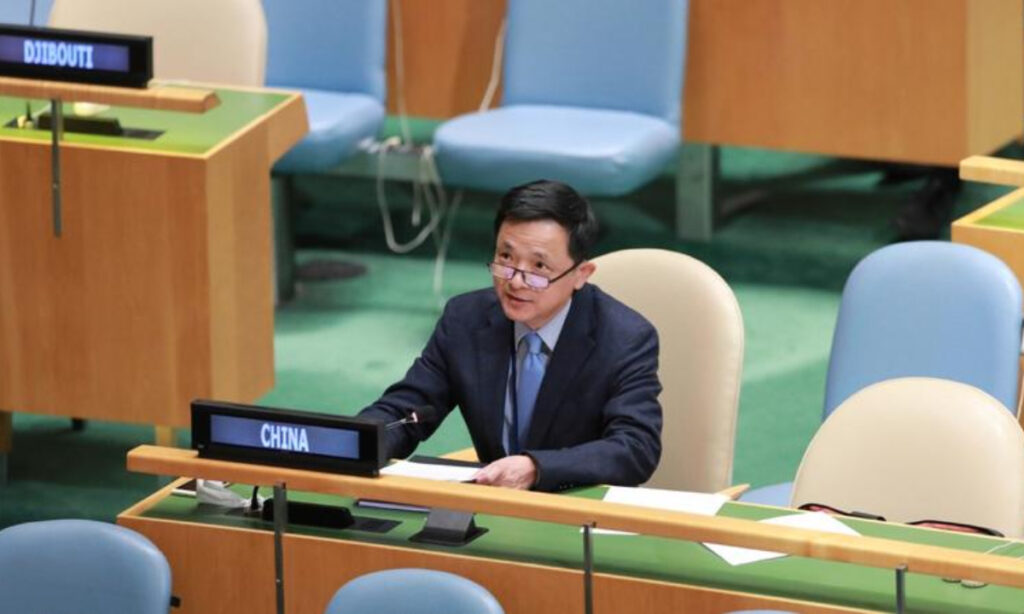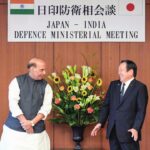China hopes that the new UN human rights chief will lead the Office of the High Commissioner of Human Rights (OHCHR) in abiding by the principles of objectivity, impartiality, non-selectivity and non-politicization, commit to promoting equal dialogue among member states, bridging differences, and resolutely oppose double standards and politicization and instrumentalization of human rights issues, Dai Bing, China’s deputy permanent representative to the UN, said on Thursday.
UN Secretary-General Antonio Guterres on Thursday appointed Volker Turk of Austria as the next UN High Commissioner for Human Rights, following approval by the UN General Assembly.
Turk will succeed Michelle Bachelet of Chile, according to a press note from the UN chief’s office.
The Chinese delegates participated in the UN General Assembly that approved the UN Secretary-General’s appointment of Turk, Dai said.
Dai said he hoped that Turk would lead OHCHR to perform its duties in strict accordance with the mandates of the UN General Assembly and Human Rights Council resolutions and commit to promoting human rights dialogue and cooperation.
The current tendency of politicization in the field of human rights is serious, and confrontation and division are intensifying under the provocation of a few countries, with a small number of countries wantonly interfering in other countries’ internal affairs under the guise of human rights, to which most member states are firmly opposed, Dai said.
China and many other developing countries are deeply concerned about the great imbalance in the composition of the Office’s staff and the serious underrepresentation of developing countries. The Chinese side calls for fundamental reform of the OHCHR to ensure inclusiveness and geographical balance, Dai said.
It is hoped that OHCHR will promote all kinds of human rights in a balanced way, pay attention to the legitimate appeals of developing countries and help developing countries strengthen their human rights capacity building on the basis of the consent of the countries concerned, Dai said.
(Global Times)




